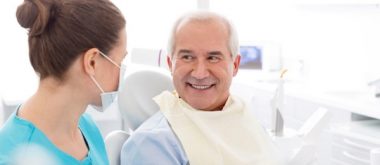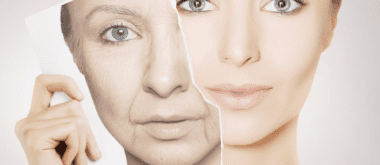Smoking introduces thousands of chemicals into the body system, slowing down blood circulation and limiting oxygen supply, which causes the skin to age faster. If the habit is prolonged, it causes the blood vessels to become thinner because nicotine inhibits blood circulation. Every puff limits oxygen supply, so the skin can’t breathe. The toxins present in cigarettes affect body organs, especially the skin, the largest body organ. They affect the quality of the skin, and it begins to show signs of aging characterized by wrinkled skin, uneven skin tone and premature aging. Below are numerous ways smoking accelerates aging in individuals.
It Inhibits Your Skin’s Breathing
People get addicted to smoking because it makes them high, giving them a “feel good” mood. However, a prolonged intake of the substance harms the blood vessels. With time, they become narrow, limiting blood circulation and oxygen supply. The skin can’t breathe because of the decreased oxygen supply, which leads to accelerated aging. As a result, you will have wrinkled, dull, dry and yellowed skin.
It Leads to Skin Conditions
Aside from affecting the appearance of your skin, smoking damages skin in several ways. Smoke from tobacco reduces blood circulation and increases inflammation, making the risk of skin infection higher. As a result, your skin becomes scarred because its immune system is damaged, and it can’t heal from minor cuts and wounds. Smokers may worsen existing conditions like the following:
- Vascular skin conditions
- Oral conditions
- Inflammatory disorder
- Painful lumps on the skin
One of the significant risk factors that smokers are exposed to is developing atopic dermatitis and hand eczema. These conditions damage your skin, leaving it scarred, which deteriorates your appearance and self-esteem.
 A Limited Supply of Nutrients to the Skin
A Limited Supply of Nutrients to the Skin
Smokers’ limited circulation affects oxygen and nutrient supply to the skin. In addition, cigarettes contain toxins that are extremely dangerous to your health—combining these three leads to the breakdown of collagen and elastin, which are responsible for your skin’s elasticity and strength. Essential nutrients can’t reach the skin due to limited blood supply affecting the skin’s normal functions. Once the immune system is affected, the skin can’t heal itself. As a result, it becomes sore and badly scarred, and damaged collagen and elastin result in sagged, dull, and uneven skin tone.
Development of Face Wrinkles
Smokers tend to use their face muscles more, developing wrinkles around the mouth and the jawline known as “smokers’ pucker.” Prolonged smoking results in deeper wrinkles on the face, especially around the eyes, between the eyebrows and around the lips and mouth. Nasolabial folds tend to be deeper in smokers compared to non-smokers. This is because smokers have damaged collagen and elastin fibers which results in premature aging. Continued smoking leads to an accumulation of melanin around the face, which causes dark spots. When you exhale and the smoke goes back to your face, you squint, depriving the skin around your eyes of essential nutrients. All of these contribute to altering your appearance, making you look twice as old.
It Exposes You to the Possibility of Skin Cancer
Cigarette smoke contains cancer-causing substances which expose you to various types of cancer, including skin cancer. If you are a smoker, you are at a greater risk of developing skin cancer due to the harmful effect of tobacco on your immune system. Some of the signs of skin cancer include open sores, raised lumps and scaly red patches, among others. It’s advisable to consult a doctor once you notice these irregular textures on your skin. Additionally, tobacco smoking or chewing is associated with oral cancer. The symptoms of oral cancer include sore throat, mouth pain and white or red patches on the mouth.
Sometimes the effects of smoking are irreversible, or it might take time before the skin starts to renew itself after you quit. However, you have options to help you quit and stop damaging your skin further. It’s advisable to work with a specialist to help you figure out the best options for you. Find a support group to motivate you through your journey to quit. There are numerous health consequences associated with smoking, so stopping as early as possible is beneficial.

 A Limited Supply of Nutrients to the Skin
A Limited Supply of Nutrients to the Skin



